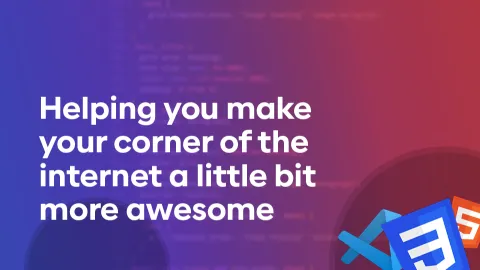Fetch API - Help a dumbass out.
I've stored it in a .env file called WEATHER_API_KEY
in my App.vue I have 1 resource saying to save the API key to a variable called and another saying
in my App.vue I have 1 resource saying to save the API key to a variable called and another saying
